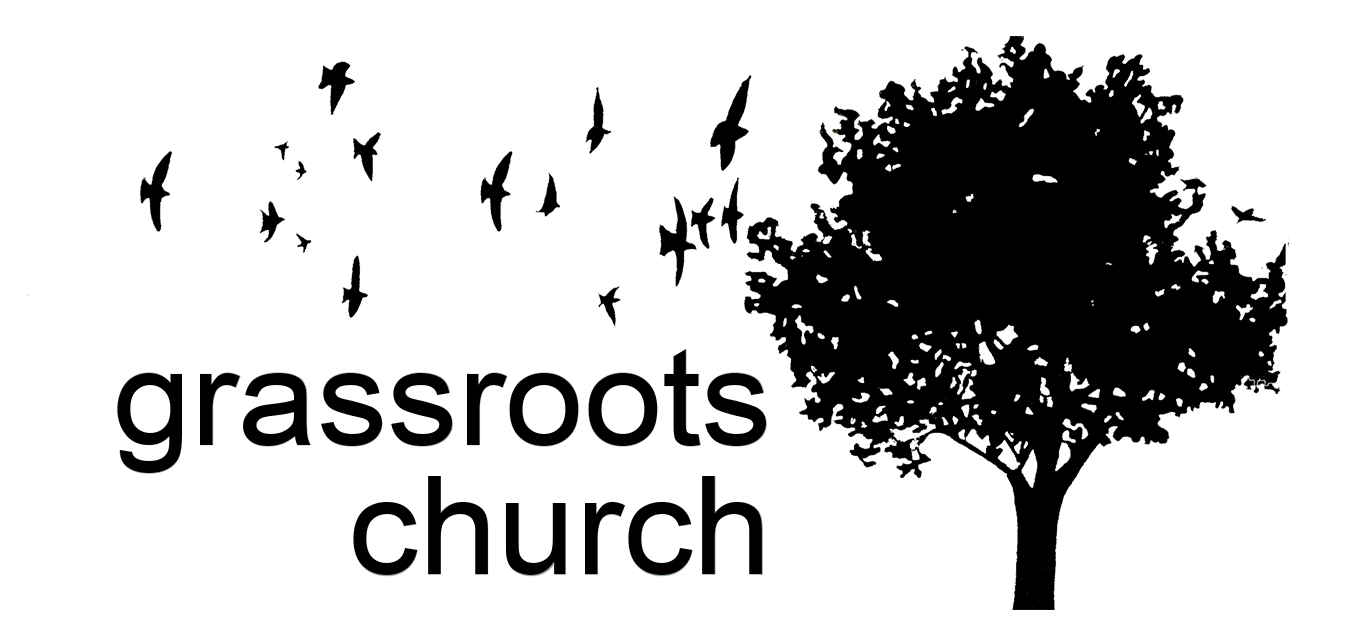Blog & News
Featured Posts
All Posts
Okay, What do we REALLY do with Unanswered Prayer?
You might not know this about me but my guilty pleasure is old school Garth Brooks tunes. Specifically late ’80s to mid-’90s Garth. Everything from Thunder Rolls to Ain’t Goin’ Down. My buddies and I have put to memory almost every word of every song from his debut album (1989) ’til, roughly, Sevens (1997). I jumped the Garth train right before he moved into his alter-ego Chris Gaines (though if I’m being completely honest, even that album had a few bangers).
Combatting Cynicism with Enchantment
So last week, 4 of us Grassrooters attended Unite ’24 – a biennial (i.e. happens once every 2 years vs. “biannual” which is twice a year… but I digress) conference put on by Jesus Collective. This year’s theme was: “The Prophetic Church: 4 Ways a Church Renewed by Jesus can Surprise the World” and it was, by all accounts, a great few days of learning and connecting with other Jesus Collective partners.
They’re the Same Picture: The Nature & Character of Jesus and the Nature & Character of God
A few weeks back we started our latest series on revealing who the Jesus actually is that we claim to be at our centre and one of the things I noted was that when we discover who Jesus is, we get the bonus of knowing who God the Father actually is as well. And this is because Jesus is the perfect revelation of God.



